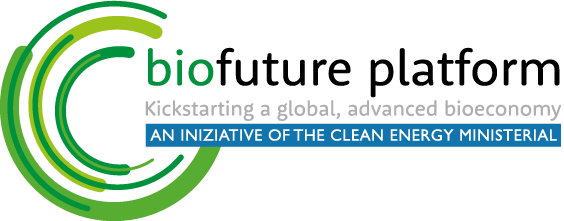Biofuture Campaign
Achieving Net-Zero Emissions by 2050 will require countries, industries, and citizens to reduce, recycle, and replace fossil carbon across all economic sectors and modes of use. Rapid electrification and efficiency improvements are necessary, but not sufficient to achieve Net-Zero Emissions by 2050.
The fuels, chemicals, and materials necessary for modern life often contain carbon; as such, we need a vibrant circular economy that optimizes the use of carbon from renewable biomass and carbon-rich waste streams to substitute for as much fossil carbon as fast as possible. However, the production and use of bio- and waste-based fuels, chemicals, and materials is not increasing as rapidly as needed to achieve Net-Zero Emissions by 2050.
Therefore, the Biofuture Campaign was developed in the context of the Clean Energy Ministerial (CEM) to enable joint work between Governments and Industry to accelerate deployment of bio- and waste-based products and showcase how they can and will benefit society.
The Biofuture Campaign aims to increase the understanding of, and thereby confidence in, the availability of sustainable bio- and waste-based products to substitute for their fossil equivalents and drive meaningful reductions in greenhouse gas emissions.
The Biofuture Campaign is driving
- Joint work between Governments and Industry regarding feedstock availability and sustainability governance
- Convergence of sustainability governance between various governmental jurisdictions and international agencies
- Rigorous approaches to carbon accounting for overcoming the policy and regulatory challenges associated with encouraging the substitution of bio-based product for their fossil equivalent






































